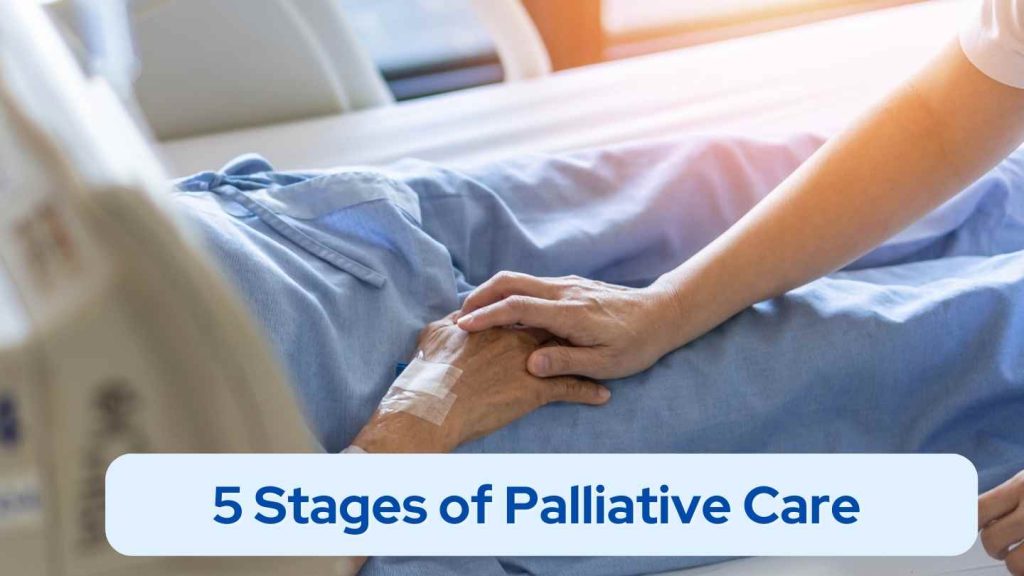- Oak Brook:(630) 705-9999
- Chicago:(312) 920-8822
- Email:inquiry@vervecollege.edu
- Make a Payment
- Home
- Programs
- Admission
- Resources
- ATI Entrance Exam Resources
- New E-Digital Library
- Refer a Friend
- School Newsletter
- Events
- Employers
- Job-Network
- Alpha Beta Kappa Candidates
- Verve College Library
- Graduation and Pinning Ceremony Photo Galleries
- Textbook Information
- Career Services
- Tutoring
- School Catalog
- FAQ
- Constitution Day Program
- Alumni
- Verve College Plans
- Financial Aid
- HEERF Reporting
- Satisfactory Academic Progress
- Apply For Financial Aid
- Net Price Calculator
- Return of Title IV Funds (R2T4)
- Financial Aid Office Code of Conduct
- Contact
- FAQs
- Verification Policy
- Vaccination Policy
- Student Right-to-Know Act
- Misrepresentation
- Information Security Program
- Academic Award Year
- Availability of Employee
- Cost of Attendance
- Health & Safety Exemption Requirement
- Students Rights and Responsibilities
- Leave of Absence
- Pell Formula
- Military Students
- Grants/ Scholarship Policy
- Contact Us
- Testimonials
- Blog
Is a Nursing Career Right For You?
Take The Free Quiz
5 Stages of Palliative Care – A Quick Guide
5 Stages of Palliative Care – A Quick Guide
The five stages of palliative medicine desire to enhance one’s quality living for patients suffering from medical conditions that are continuous or severe. This type of treatment focuses on treating the symptoms and providing treatments to heal or prevent sickness recurrence. By Illinois college of nursing accreditation, nursing students can easily get to know how palliative works by enrolling in practical nursing programs & online classes.
Please keep reading to 5 stages of palliative care:-
What is Palliative Care?
Palliative care is a long-term form of caution that manages pain and relieves symptoms for patients with chronic diseases. Palliative care also focuses on improving patients’ living standards by focusing on their physical, mental, and emotional requirements.
Palliative Care can provide various services to you and the people you love.
- Medical care (e.g., chemotherapy) and symptom management (e.g., pain medication) are important.
- Supporting caregivers and loved ones in daily activities such as caring for their loved ones
- Holy activities and services
- Referrals for providing other medical professionals with emotional and mental health assistance. Planning for end-of-life and advance care, including deciding on a health directive in advance.
Palliative treatment is not limited to those with a serious prognosis. It is not limited to hospice or other end-of-life options. Patients can receive it at any stage in their chronic illness.
Related:- Pros & Cons of Direct Primary Care (DPC): Guide for LPN
5 Stages of Palliative Care
Stage One: Consistent
First, palliative treatment involves creating and designing a plan of care that is tailored to the specific needs of each patient. This can include a variety of soothing control providers, for example:
- Certified healthcare professionals, as well as other healthcare workers
- Volunteers and social workers
- Dietitians
- Bereavement counselors
- Therapists
Your palliative care team will create a plan that addresses your discomfort and fears. The team may also offer medical interventions that manage signs and improve the standard of living through clinical training.
Stage Two: Insecure
The second stage is sometimes called “unstable or insecure” because existing symptoms can worsen during difficult times, or new medical conditions may arise. These unusual signs are usually not expected During the first stage.
The palliative or healthcare team will also offer mental, emotional, and spiritual support. Psychological services are available for depression and anxiety, and religious meetings and recreational activities can all be used to show this.
Stage Three: Deteriorating
In this stage, the overall health and function of the body gradually decrease due to the worsening symptoms. It is also possible that severe medical issues will develop. This requires continuous evaluation and revisions to the care plan.
The worsening of the situation can cause physical and mental distress to the patient and the family. Therapists and psychologists are essential throughout this period to provide emotional support.
Stage Four: Terminal
The terminal stage can also be called “end of life, ” indicating that death could occur within a few days. You can still provide medical conditions and health care at the patient’s house by a clinical nurse. Still, you may move them into nursing homes for more intensive medical care. Patients may display terminal symptoms throughout this period.
- Bedridden or having significant mobility issues
- Loss of appetite or decrease in food intake
- Difficulty swallowing medication
- A severe prognosis can demand healthcare intervention
Stage Five: Bereavement
Unfortunately, the patient is now dead. The plan of caution during this period focuses on supporting bereaved family members and caregivers.
Bereavement services include:
Support for emotional well-being, including connecting you with support groups
The spiritual support of a pastor, priest, or rabbi
Psychosocial support is available from psychologists and counselors for grief, loss, or adjustment following the death of a loved one.
Want to Make a Career in Nursing? Get More Information About Our Courses!
The Conclusion of the Article is-
Palliative care is not a form of death promotion, and it’s not only for terminally ill patients. Palliative care is a specialized medical treatment that can treat people suffering from all diseases, such as cancer and heart disease. The best LPN school near me (LPN training) in the United States ensures a bright and focused career in the nursing field. It also provides relief for symptoms like distress and discomfort. All of this is done while also considering the emotional, psychological, and religious requirements for those with illness and their family members.
 Sign up
Sign up Login
Login




